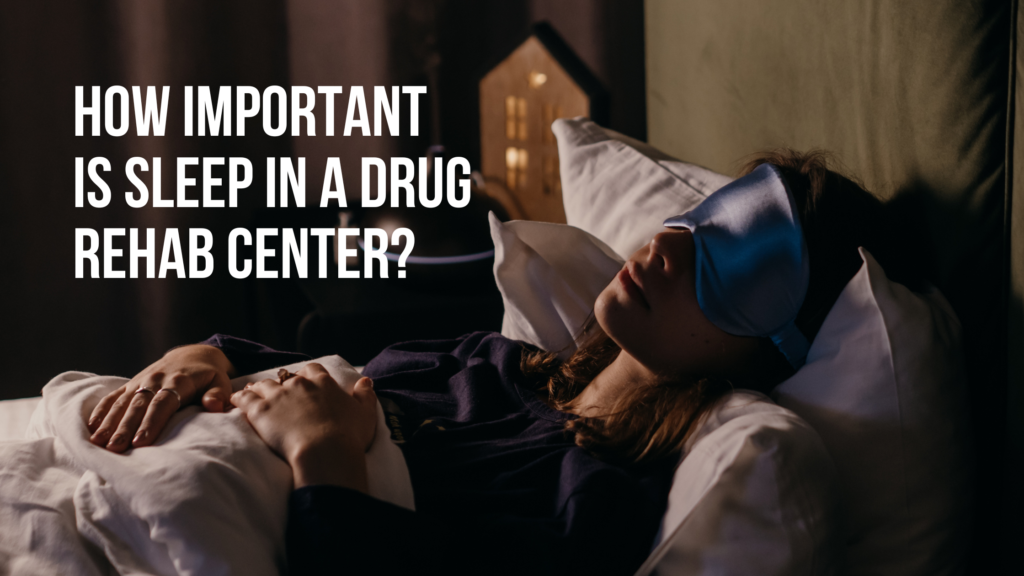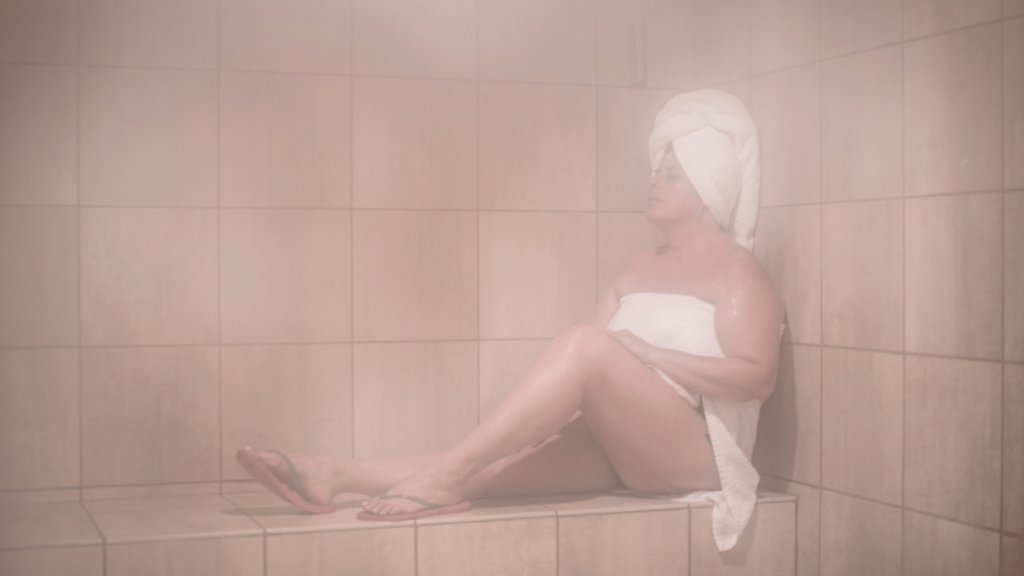Anti-Aging Products: Benefits and Side Effects

Anti-aging products have gained significant popularity in recent years, with many individuals seeking ways to maintain a youthful appearance and combat the signs of aging. These products claim to offer a range of benefits, from reducing wrinkles and fine lines to improving skin texture and elasticity. However, it is crucial to understand both the benefits and potential side effects associated with these products before incorporating them into your skincare routine. In this article, we will explore the benefits and side effects of anti-aging products.
Benefits of Anti-Aging Products
1. Reduction of Wrinkles and Fine Lines
One of the primary reasons individuals turn to anti-aging products is their ability to reduce the appearance of wrinkles and fine lines. These products often contain ingredients such as retinol, peptides, or hyaluronic acid, which can help promote collagen production, improve skin elasticity, and smooth out wrinkles.
2. Improvement in Skin Texture and Tone
Anti-aging products can also contribute to an overall improvement in skin texture and tone. Ingredients like alpha-hydroxy acids (AHAs) or glycolic acid can help exfoliate the skin, removing dead cells and revealing a smoother complexion. Additionally, antioxidants present in these products can protect the skin from free radicals and environmental damage.
3. Increased Hydration
Many anti-aging products are formulated with hydrating ingredients that help lock in moisture, preventing dryness and promoting a plump appearance. Ingredients like ceramides or hyaluronic acid act as humectants by attracting water molecules to the skin, resulting in improved hydration levels.
4. Protection from Sun Damage
Certain anti-aging products contain SPF (sun protection factor) to shield the skin from harmful UV rays. Sun exposure is a leading cause of premature aging, including wrinkles, age spots, and uneven skin tone. By incorporating an anti-aging product with SPF into your skincare routine, you can help prevent further sun damage and maintain a youthful complexion.

Side Effects of Anti-Aging Products
1. Skin Irritation and Sensitivity
Some individuals may experience skin irritation or sensitivity when using certain anti aging products. This can manifest as redness, itching, or a burning sensation on the skin. It is important to perform a patch test before applying any new product to your face and discontinue use if irritation occurs.
2. Dryness and Peeling
Certain active ingredients in anti-aging products, such as retinol, can cause dryness and peeling, especially during the initial stages of use. This is often referred to as the “retinization” period and is temporary. However, if the dryness becomes severe or persistent, it is advisable to consult a dermatologist.
3. Increased Sensitivity to Sunlight
Some anti-aging products, particularly those containing retinol or AHAs, can increase the skin’s sensitivity to sunlight. It is crucial to use sunscreen daily and limit sun exposure while using these products to minimize the risk of sunburn or further damage.
4. Allergic Reactions
Individuals with sensitive skin may be prone to allergic reactions when using certain anti-aging products. It is essential to read product labels carefully and avoid ingredients that have caused previous allergic reactions.
Conclusion
Anti-aging products offer numerous benefits for those looking to maintain a youthful appearance and combat signs of aging. From reducing wrinkles and improving skin texture to increasing hydration and protecting against sun damage, these products can be valuable additions to skincare routines. However, it is important to be aware of potential side effects such as skin irritation, dryness, increased sensitivity to sunlight, and allergic reactions. By understanding both the benefits and risks associated with anti-aging products, you can make informed decisions about incorporating them into your skincare regimen. Remember to consult with a dermatologist if you have specific concerns or experience any adverse reactions.








